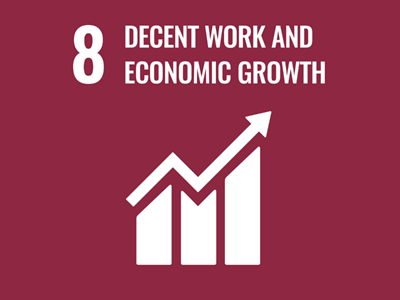About the Project
AICE - Data Science and Over-Indebtedness: Use of Artificial Intelligence Algorithms in Credit Consumption and Indebtedness Conciliation in Portugal.
In the last decades, credit expanded in Portugal, developing different debtors’ classes and social strata. Despite the decline in unemployment, many families continue to face financial difficulties, and a representative part of the Portuguese population still cannot pay their debts.
This project proposes the use of Machine Learning (ML) for developing descriptive and predictive models, to understand the influencing factors of over-indebtedness on Portuguese consumers.
Descriptive models will be obtained using Unsupervised ML algorithms like Self Organizing Maps and Agglomerative Hierarchical Clustering and will be used for establishing consumer clusters and guidelines for over-indebtedness regulation and consumer financial empowerment.
The objectives of the project are:
- characterize and describe over-indebtedness of Portuguese consumers using unsupervised ML;
- create reliable supervised ML models to help to predict the factors that influence over-indebtedness;
- develop interventions to assist in the RAL of consumer debt.
Our team joint researchers with an background in ML, experts of the applicative domain and the Directorate General for Consumer Affairs (DGC). DGC was responsible for contributing to the development, definition, and implementation of consumer protection policy to ensure a high level of protection. DGC included economy, lawyers and psychologists with extensive experience in counseling consumers in financial distress. DGC participated in the transfer of knowledge, providing vast amounts of data of indebted Portuguese consumers, especially the ones who use the RAL centers.
With AICE, we provided reliable predictive models of over-indebtment can serve as a starting point for the development of a set of interventions to assist in the alternative resolution of Portuguese debt disputes. Furthermore, the interpretation of the models can help in making those interventions personalized and effective








